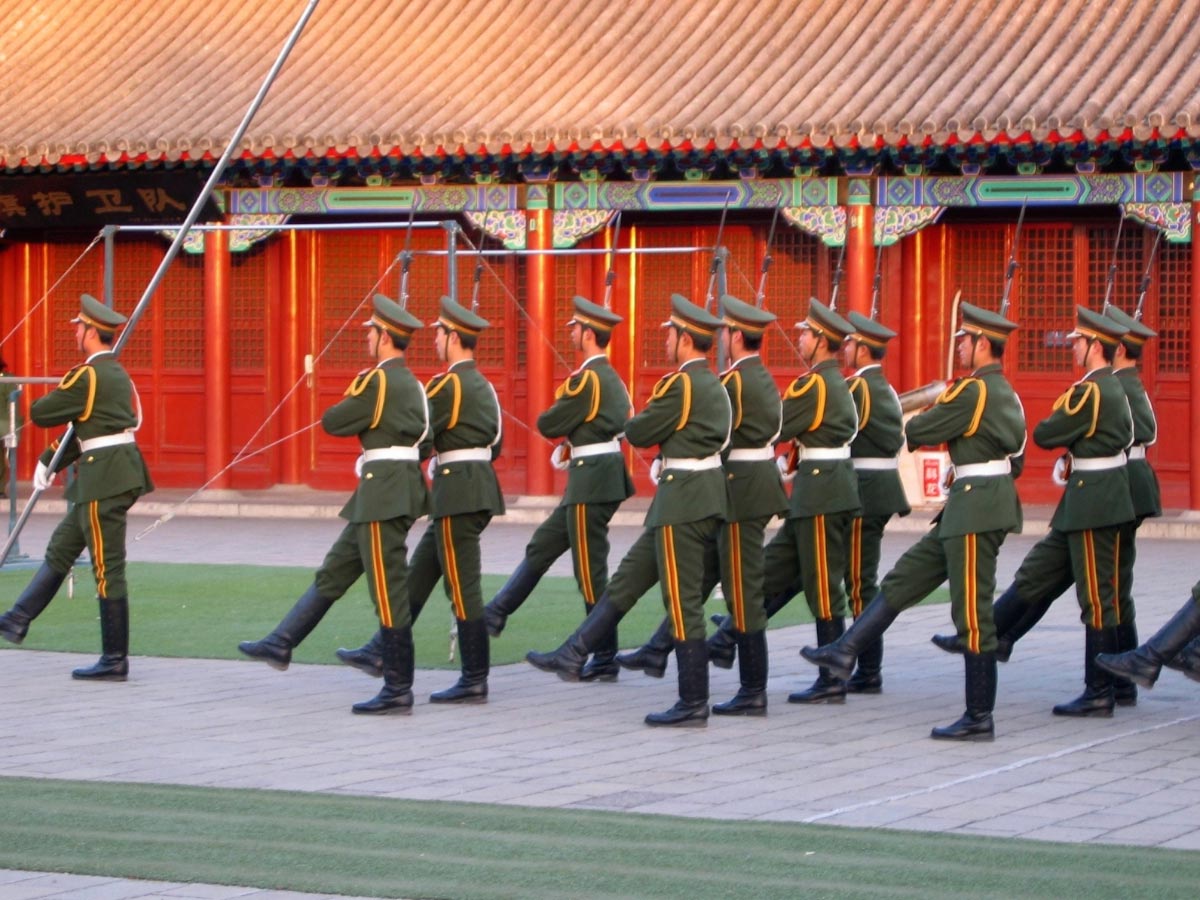
Advertisement
(Cyberwar.news) In the 2002 Hollywood film “Minority Report,” a special police unit is able to arrest murderers before they commit their crimes, using three special human beings that were capable of “predicting” crime. Today, the Chinese government is attempting to do the same thing, only through the use of predictive technology.
As reported by Defense One, the Chinese government is building software that can predict dissent and instability before it begins, based on a wealth of data mined from Chinese citizens about their pastimes, work and social habits.
This latest advancement in “predictive policing” uses data to deploy police or even the military to places where crime – like, perhaps, an illegal anti-government protest – is most likely to take place. And while predictive policing was actually born in the U.S.A., China appears poised to take the technology to the next level and become a global leader.
The concept began in New York City in 1994, when then-police commissioner William Bratton led a revolutionary, but highly controversial, program to pre-deploy police where crime was most likely to take place. Within three years crime fell by 37 percent, Defense One noted, but born of that program was the now-deemed-unconstitutional “Stop and Frisk” program, which targeted largely minority youth who happened to be in the wrong place at the wrong time.
Now, as Bloomberg News reported, the Chinese – not limited by a little thing like civil rights – is attempting to replicate earlier predictive programs through the use of technology:
The Communist Party has directed one of the country’s largest state-run defense contractors, China Electronics Technology Group, to develop software to collate data on jobs, hobbies, consumption habits, and other behavior of ordinary citizens to predict terrorist acts before they occur. “It’s very crucial to examine the cause after an act of terror,” Wu Manqing, the chief engineer for the military contractor, told reporters at a conference in December. “But what is more important is to predict the upcoming activities.”
In addition to collecting data electronically on citizens, the programming software will also rely on a network of so-called neighborhood informants assigned by the Communist government to monitor fellow citizens.
A cybersecurity law that was unveiled by the government in July gives authorities nearly uninhibited access to user data, in the name of national security.
“If neither legal restrictions nor unfettered political debate about Big Brother surveillance is a factor for a regime, then there are many different sorts of data that could be collated and cross-referenced to help identify possible terrorists or subversives,” Paul Pillar, a nonresident fellow at the Brookings Institution, told Bloomberg News.

However, in governments’ quest to build predictive crime technology, many cybersecurity experts say such programs primarily just create more noise than predictive capability.
“There are not enough examples of terrorist activity to model what it looks like in data, and that’s true no matter how much data you have,” Jim Harper, a senior fellow at the Cato Institute, told Bloomberg. “You need yeast to make bread. You can’t make up for a lack of yeast by adding more flour.”
Still, one reason the Chinese government may be pursuing this technology is that Communist Party leaders are predicting that upcoming job and labor cuts, which are tied to an economic slowdown, will eventually lead to more unrest.
See also:
Cyberwar.news is part of the USA Features Media network of sites.
Submit a correction >>
Advertisement
Advertisements















